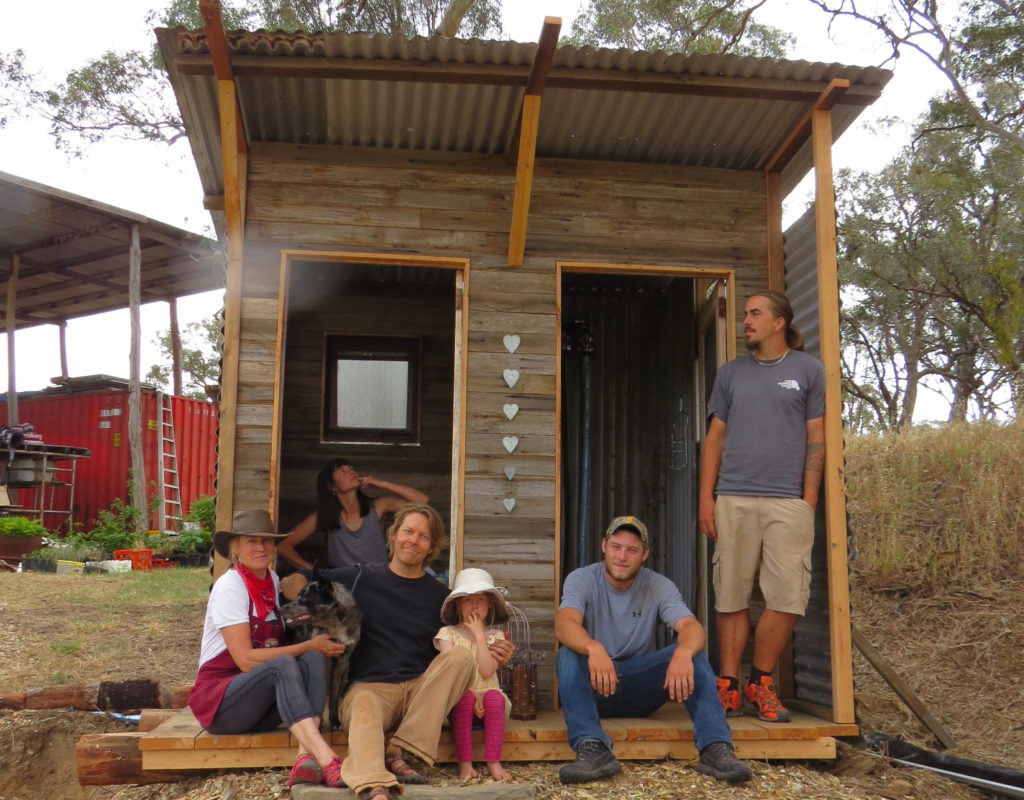Be Prepared
Ask your host what they think you will need beforehand – some hosts provide work clothes, others don’t, so it is better to ask.
- Hats, sunglasses, sunscreen, boots, gloves and torch are always useful.
- A phone card and internet dongle. Telstra has the best mobile coverage in rural areas.
- Always prepare before you leave. Google the location before you embark on your incredible journey so that you are equipped for the conditions.
Be Open Minded
- Bring your sense of humour. It is a prerequisite for WWOOFing.
- You will be working alongside your host. Sometimes it can be hard work but a lot of fun.
- Before your visit, ask your host what sort of work you’ll be doing so that you understand what will be expected of you and what skills may be useful.
- Organic farming involves weeding and physical labour. Volunteers work outside most of the time.
Be Honest
- Communication is everything.
- Be honest with your host, particularly if something is bothering you.
- Advise the host immediately if plans change and you wish to leave early, giving time for the host to find alternative assistance.
- Talk things through and find solutions.
Be Tidy and Respectful
- Ask permission. Do not raid the refrigerator or pantry, or use telephone or internet* without asking.
- Food is provided by hosts. You may need to bring your own special dietary food.
- Offer to cook your favourite meal for your host. Keep the living area tidy, clean up yourself and help with meals or washing up.
- Try to understand that hosts are all different, have different house rules, behaviours and expectations.
- Respect these rules and learn from each different cultural experience.
- Water, gas and electricity can be very expensive in rural areas. Short showers can be enough to get clean. Water is often a precious resource on farms.
*Remember to always ask permission before using the internet. Many hosts rely on satellite internet with very small data plans. (Downloading a movie can use a month’s data allowance.) We are sure you will do your best to conserve energy and other resources on your host’s property.


